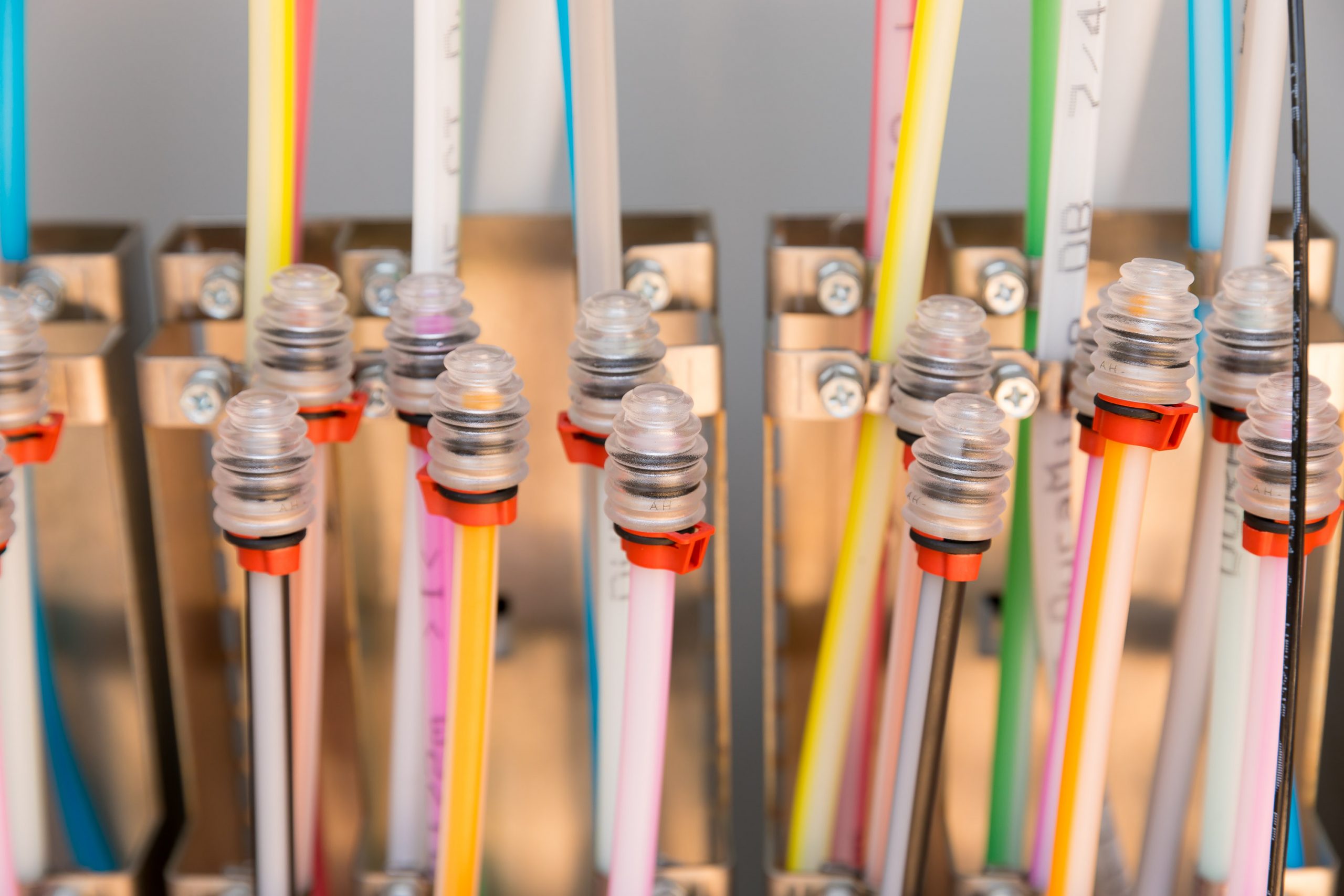
Vodafone Greece is proceeding with the establishment of a subsidiary company for optical fibers, looking for opportunities within the context of the Recovery Fund, as revealed yesterday by the president and CEO, Mr. Haris Broumidis, during a press briefing. The company, which has accelerated its investments in 2022, is faced, like the entire industry, with the unfavorable economic environment, which has brought to European telecommunications increases at the level of inflation, with Greece having so far remained unscathed, something that is expected to change.
Having secured from the parent company higher resources per year compared to the announced investment program of 600 million euros until 2025, Vodafone is accelerating the development of its broadband network aiming to achieve of 100% 5G coverage in the next 2-3 years. Today, it has activated the 5G network in more than 140 cities and towns, as well as 27 islands in the country, with population coverage exceeding 50%.
Regarding fiber optics, the goal is to connect 850,000 homes and businesses with fiber optic networks in the coming years, in Athens, Thessaloniki, Patras, Volos, Ioannina, Veria and Kozani. Of these, 300,000 will be fiber to the home and the remaining 550,000 will be FTTC to outdoor cabins. Subsequently, all FTTC connections will be converted to FTTH via the new fiber optic company.
As Mr. Broumidis explained, the establishment of the new company will ensure greater flexibility, giving Vodafone the possibility to utilize a variety of financial tools, but also to proceed more easily to collaborations and synergies. It is also now clear that it will not be easy for providers who have not already secured the resources and human resources to carry out their investment plans.
Regarding the submarine cables, the connections to the Cyclades have already been completed, while the approval of the environmental conditions still remains for the connection to Corfu. At the same time, the company, expanding into Information Technology and Communications (ICT) projects, has taken on projects worth 100 million with the aim of doubling that next year.
Inflationary increases just around the corner
As Mr. Broumidis pointed out, inflationary pressures, increases in energy costs and material appreciation are creating a stifling environment for telecommunications, which are seeing their operating costs rise. He estimated that the company will be burdened by these factors, by 60 million euros in the next financial year. It is typical that the cost of optical fiber has increased in some areas by 80%.
At the same time, however, as he observed, salary increases should be made to the staff, in order for them to be able to respond to the increased living needs.
He also noted that the inflationary increases in tariffs are necessary in Greece as well, even though such a thing has not yet been decided by the companies in the sector. As he explained, there is ambiguity in the statutory framework as to whether price increases in a fixed-term contract are permissible when there are reasons for inflation.
At the same time, he emphasized that the telecommunications sector is the only one that contributes negatively to inflation, remaining today 14% below. He added that data traffic on the mobile network has increased by 6,500% since 2012, while average revenue per user (ARPU) has decreased by 57% on contracts and around 40% overall across all Vodafone customers.
The map of TV content is changing
Regarding Vodafone TV’s performance, Mr. Broumidis expressed his satisfaction, given that it now has 160,000 subscribers. In the final stretch is, as he said, the agreement to extend the cooperation for two years with HBO, which, however, will not include the activation of HBO Max.
But Vodafone will expand its relationship with Warner Brothers with a focus on viewing new films almost at the same time as they are shown in cinemas. Meanwhile, Vodafone TV’s partnership with Disney+ has borne fruit and further strengthened the company’s streaming service.
Latest News

Cost of Living: Why Greece’s 3% Inflation Is Raising Alarm
Greece appears to be in a more difficult position when it comes to price hikes, just as we enter the era of Trump’s tariffs.

Fitch Ratings Upgrades the Four Greek Systemic Banks
NBG’s upgrade reflects the bank’s ongoing improvements in its credit profile, Fitch notes in its report, including strong profitability, a reduction in non-performing exposures (NPEs), and lower credit losses

Trump to Announce Sweeping New Tariffs Wednesday, Global Retaliation Expected
With Trump's announcement just hours away, markets, businesses, and foreign governments are bracing for the fallout of one of the most aggressive shifts in U.S. trade policy in decades.

Inflation in Greece at 3.1% in March, Eurostat Reports
Average inflation in the eurozone settled at 2.2%, compared to 2.3% in February

Greece’s Unemployment Rate Drops to 8.6% in February
Despite the overall decline, unemployment remains higher among women and young people.

Jerry Kalogiratos Highlights Key Role of Energy Transition and Data Demand in LNG Outlook
Energy transition and the prospects of LNG were discussed at Capital Link’s 19th Annual International Maritime Forum, during a panel discussion with Jerry Kalogiratos (Capital Clean Energy Carriers Corp.)

Santorini Safe and Ready for a Dynamic Tourism Season
Authenticity, cultural heritage, and genuine experiences at the center of Santorini's new promotional campaign

Electricity Bills: Greece Announces Reduced Tariffs Schedule
Greece will now offer lower electricity rates between 11:00-15:00 and 02:00-04:00

Chevron Confirms Eyeing Natural Gas Exploration South of Crete
Chevron recently declared its intent to explore a third area, south of the Peloponnese.
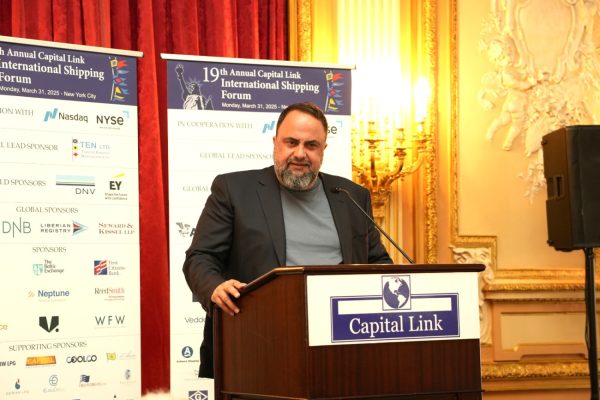
Evangelos Marinakis: A time of change from which shipping can benefit
Speaking at the 19th Annual Capital Link International Shipping Forum Evangelos Marinakis stressed the challenges that shipping faces today












![Τουρκία: Μεγάλες βλέψεις για παραγωγή ηλεκτρικών οχημάτων [γράφημα]](https://www.ot.gr/wp-content/uploads/2025/03/ot_turkish_autos-90x90.png)











![ΕΛΣΤΑΤ: Αυξήθηκε η οικοδομική δραστηριότητα κατά 15,6% το Δεκέμβριο [πίνακες]](https://www.ot.gr/wp-content/uploads/2025/03/DSC9655-2-1024x569-1-90x90.jpg)







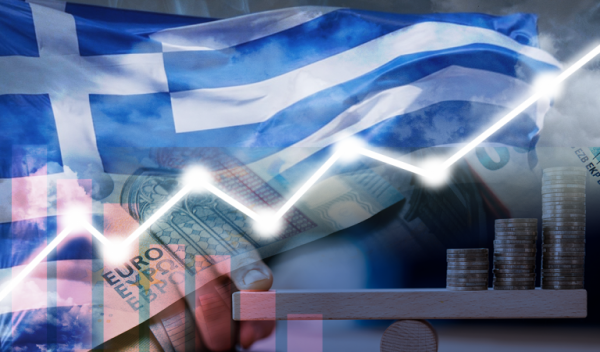
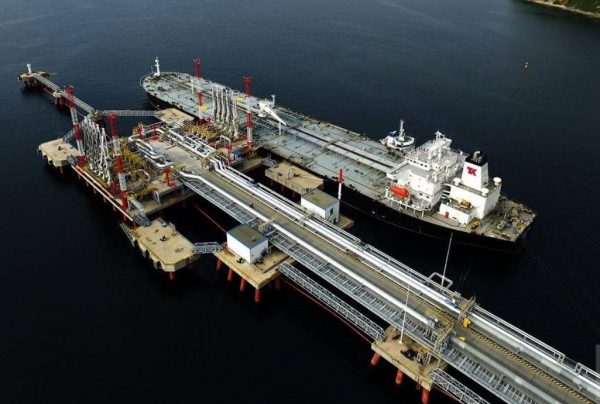
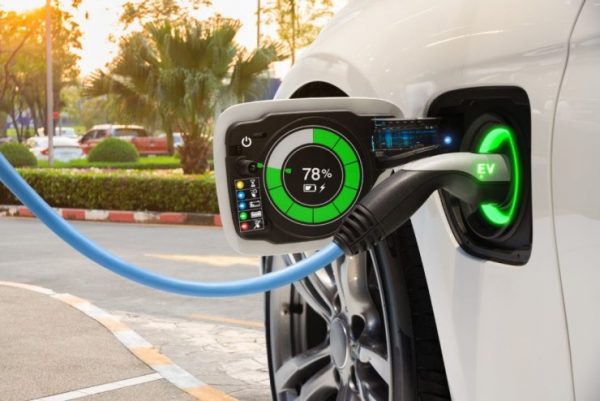

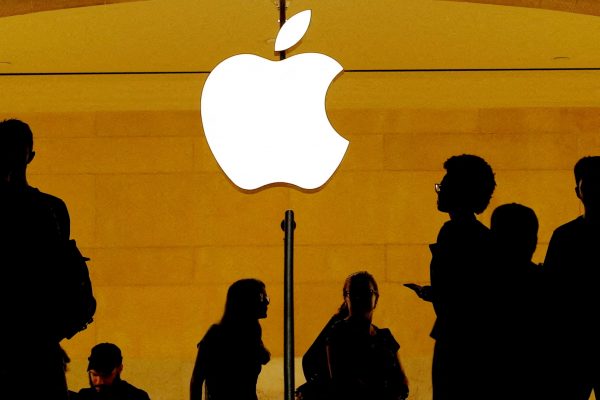





 Αριθμός Πιστοποίησης
Αριθμός Πιστοποίησης